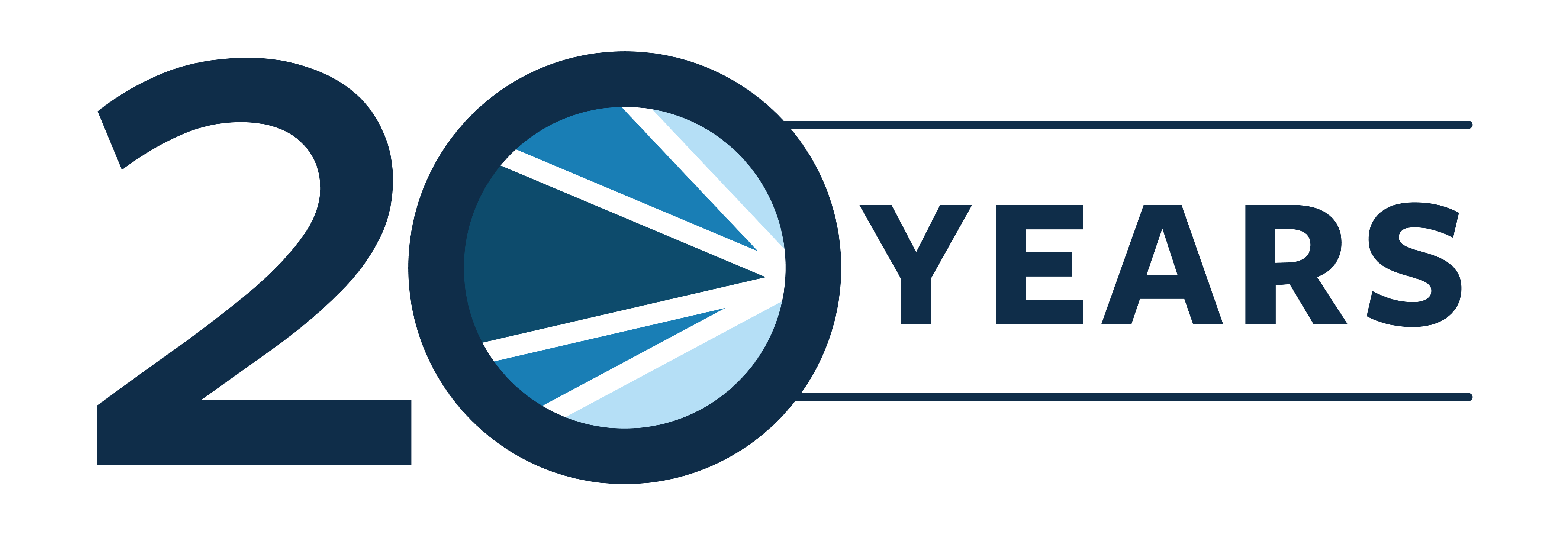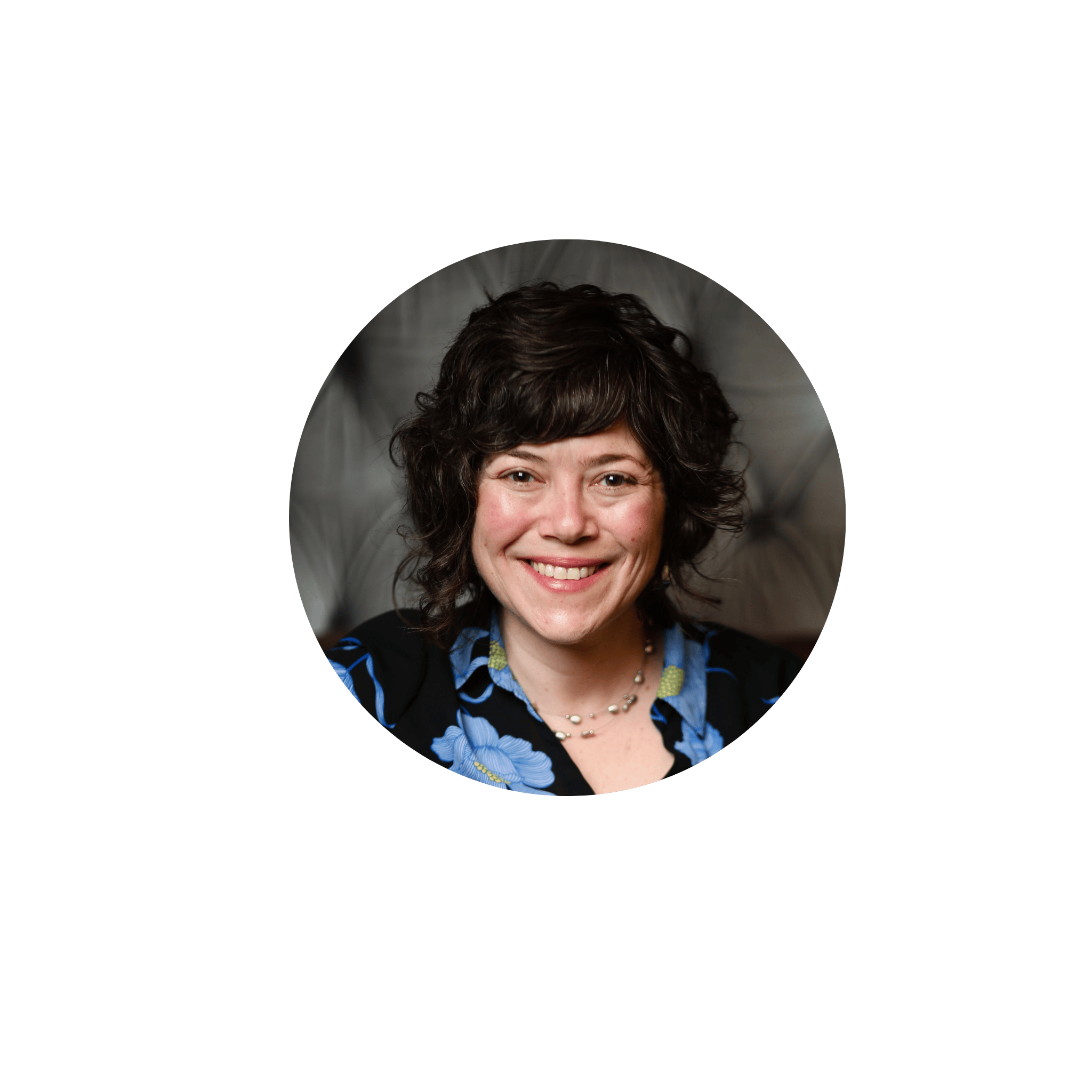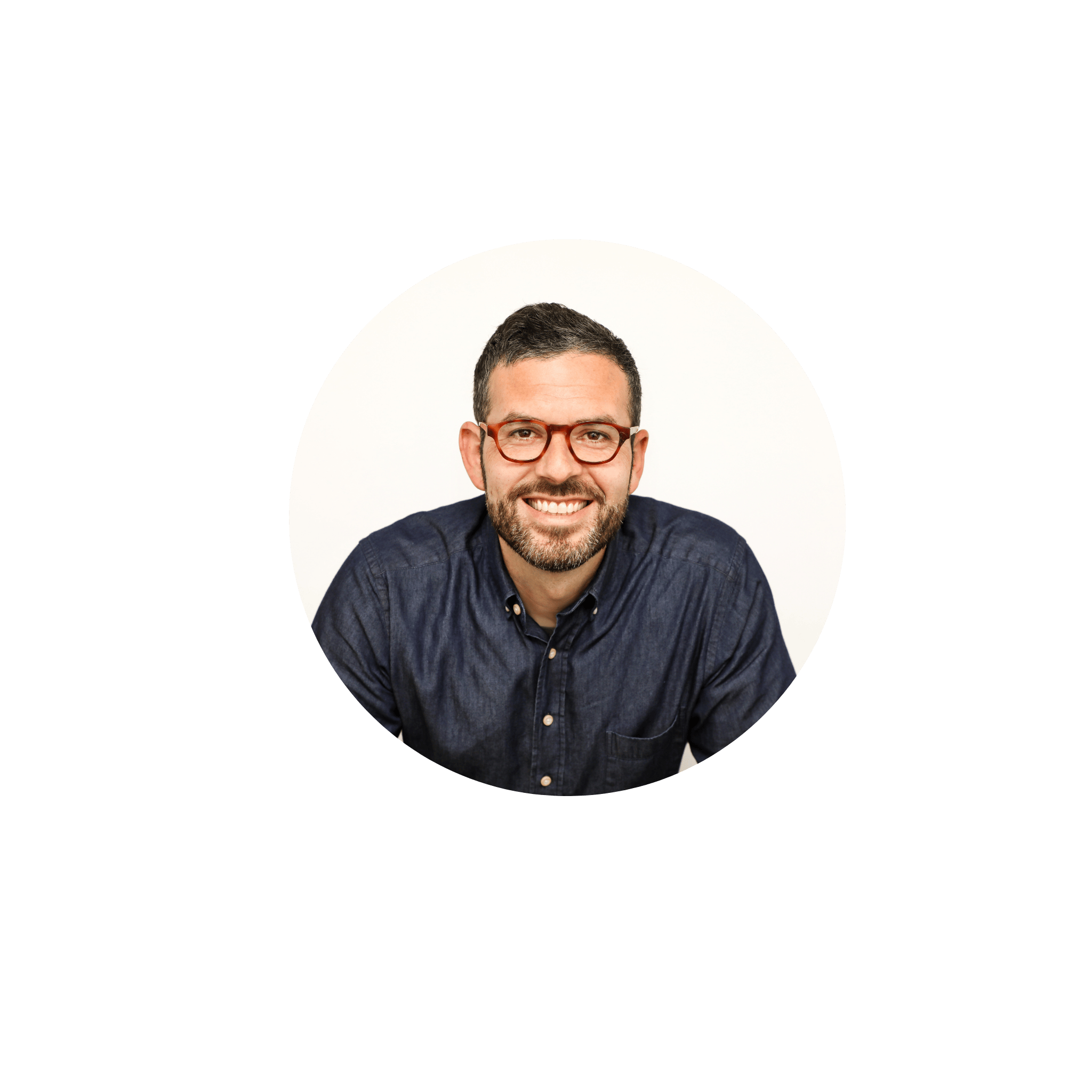
As the Foundation marks our 20th anniversary in 2025, we are pleased to elevate some of the individuals, organizations, and research that have left an indelible mark on the field over the last two decades.
In this feature, we highlight the professional journeys and impact of Liz Fisher and Rabbi David Kasher. Their careers reflect profound dedication to the Jewish community, and the Foundation is fortunate that much of their work included impactful roles at numerous grantee-partners. We’re grateful they took the time to share a few memories and insights with us here. Currently Chief Talent Officer at Jewish Federations of North America, Liz worked previously at Amplifier, Repair the World, Next: A Division of Birthright Israel Foundation, The Jewish Education Project, UJA-Federation of NY, and Jewish Federation of St. Louis. Currently Director of Hadar West Coast at the Hadar Institute, David worked previously at IKAR, Kevah, Berkeley Hillel, and Oakland Hebrew Day School, and was a student at Yeshivat Chovevei Torah.
At every stop in their professional journeys, they’ve gained wisdom and made an impact. We’re grateful they took the time to share a few memories and insights with us here.
Q & A with Liz and David
Memories and Wisdom
-
Did you have an “ah-ha” moment in life that made you realize this is the career you wanted?
-
What’s one key learning or piece of insight that has helped you in your career?
-
What’s a memorable moment in your career or one that you’re most proud of?
-
What’s changed in the field since your career started?
-
What gives you hope for the future of the field?
 Liz Fisher: I grew up in a very small Jewish community and like many, if not most,
young Jews, I didn’t realize there were jobs in the Jewish world other than Rabbi. I fell
into this work somewhat accidentally after beginning my career in grassroots community
development in the secular non-profit sector. I’m not sure if I ever had an “ah-ha”
moment that this is the career that I wanted, but I am among the many people who
feel, post 10/7, that this is the career I need. I’ve never felt as blessed to be able to be in
service to the Jewish people.
Liz Fisher: I grew up in a very small Jewish community and like many, if not most,
young Jews, I didn’t realize there were jobs in the Jewish world other than Rabbi. I fell
into this work somewhat accidentally after beginning my career in grassroots community
development in the secular non-profit sector. I’m not sure if I ever had an “ah-ha”
moment that this is the career that I wanted, but I am among the many people who
feel, post 10/7, that this is the career I need. I’ve never felt as blessed to be able to be in
service to the Jewish people.
 David Kasher: When I returned from a couple of years of studying at a yeshiva in
Israel, I was in my early twenties, and I wasn't at all sure what I was going to do with this
stuff (or with my life in general, really). Would I keep studying, or just file the experience
of learning away and move on to something else? I got a low-level job at a newspaper
in the meantime and was mostly bored with it. On a friend's recommendation, I took a
side gig teaching in an after-school program for Jewish high school students. This was
the first time I was actually serving as a teacher, and I immediately felt that teaching
was my calling. But not just any teaching. It was especially the experience of teaching
Torah, and the ability to teach in a pluralistic context, without any dogmatic expectations
for "correct" ideas. This combo was the perfect set of factors that led me to think, for the
first time in my life, "this is what I want to do for a living."
David Kasher: When I returned from a couple of years of studying at a yeshiva in
Israel, I was in my early twenties, and I wasn't at all sure what I was going to do with this
stuff (or with my life in general, really). Would I keep studying, or just file the experience
of learning away and move on to something else? I got a low-level job at a newspaper
in the meantime and was mostly bored with it. On a friend's recommendation, I took a
side gig teaching in an after-school program for Jewish high school students. This was
the first time I was actually serving as a teacher, and I immediately felt that teaching
was my calling. But not just any teaching. It was especially the experience of teaching
Torah, and the ability to teach in a pluralistic context, without any dogmatic expectations
for "correct" ideas. This combo was the perfect set of factors that led me to think, for the
first time in my life, "this is what I want to do for a living."